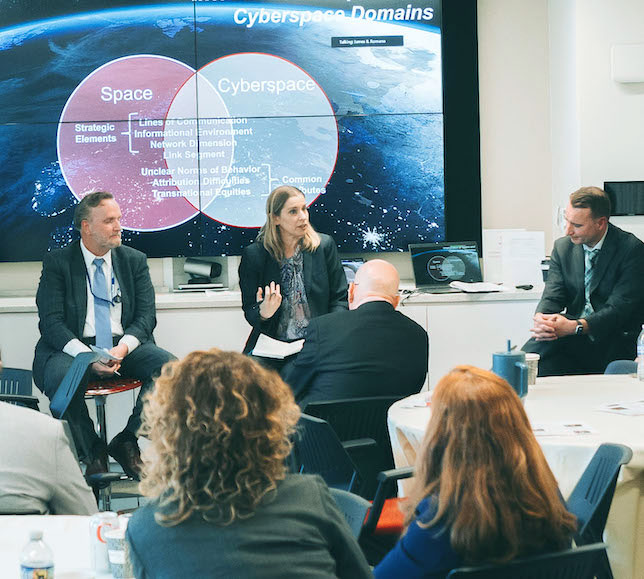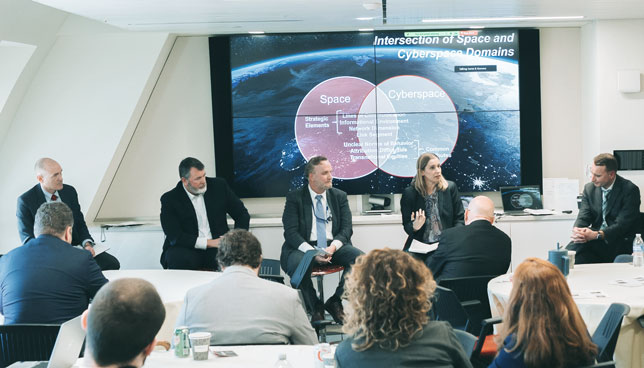Coaching the Subsequent Era of Area Cybersecurity Specialists
A Q&A with Scott Shackelford
In a number of quick a long time, because the first alerts from our experimental satellites broke the stillness on the fringe of area, an increasing number of of the world’s important expertise infrastructure has occupied the crowded areas of low earth orbit (LEO). Hundreds of satellites from international locations across the globe now serve each kind of communications, from top-secret protection packages, to climate imaging, to fundamental science analysis, and a lot extra. From authorities and analysis companies to industrial entities, giant and small, securing these property means greater than incrementally pumping up present cybersecurity sources and practices. Area cybersecurity is a discipline that should develop and mature considerably to maintain up with the tempo of change. Right here, we ask Scott Shackelford, Indiana College professor of legislation and director of the Ostrom Workshop Program on Cybersecurity and Web Governance, about a number of the efforts — globally, nationally, and regionally — that will assist launch a separate self-discipline that may help altering practices and foster future area cybersecurity management.

Mary Grush: Actually cybersecurity has existed for a while round our area infrastructure and associated digital expertise. It has been right here in some kind, even when not known as out as a separate, particular “area cybersecurity” self-discipline. What’s new or on the horizon that may trigger us to rethink area cybersecurity, redefine it, and restructure how we implement it?
Scott Shackelford: Our reliance on area infrastructure has been round for a very long time now. We have been reliant on satellites for many years, particularly because the ’80s when the expertise took off in a giant manner with a number of totally different companies. In fact, to start with it began off principally in nationwide safety with early surveillance satellites taking footage through the Chilly Battle as a part of our nuclear deterrence. But it surely didn’t take lengthy for the primary industrial satellites to be launched, initially for climate forecasting and telecommunications. And lately, we get a number of satellite-based companies, from Web entry from area, to GPS, to all of the geospatial functions like Google Maps — you title it. Simply having this dialog proper now, all of that is depending on area and the infrastructure that we have launched into orbit (as we’re persevering with to do), together with the ground-based companies that make it doable. Securing all of that’s actually difficult and essential.
We have been targeted on area as a vulnerability for a very long time. Historically that meant mainly not making it too straightforward to knock out satellites with missiles. And initially solely the U.S. and the previous Soviet Union, then Russia, have been in a position to do this. China joined the membership within the early 2000s after they very publicly took down an growing older climate satellite tv for pc and in so doing triggered a cascade of orbital particles that continues to ricochet round LEO, nonetheless inflicting complications for the Worldwide Area Station and for the opposite satellites which have to maneuver out of the way in which.
And now, it is gotten simpler for dangerous gamers to launch cyber assaults as a substitute of missiles. These cyber assaults are coming from international locations or prison organizations, they usually’re designed to go after satellites with out the necessity to launch kinetic autos to intervene bodily with the satellite tv for pc. It is lots simpler for them after they can simply punch a number of keystrokes. We have seen international locations do it, like Iran. We have seen teams do it to focus on several types of satellites and even in some circumstances to launch ransomware assaults towards them.



